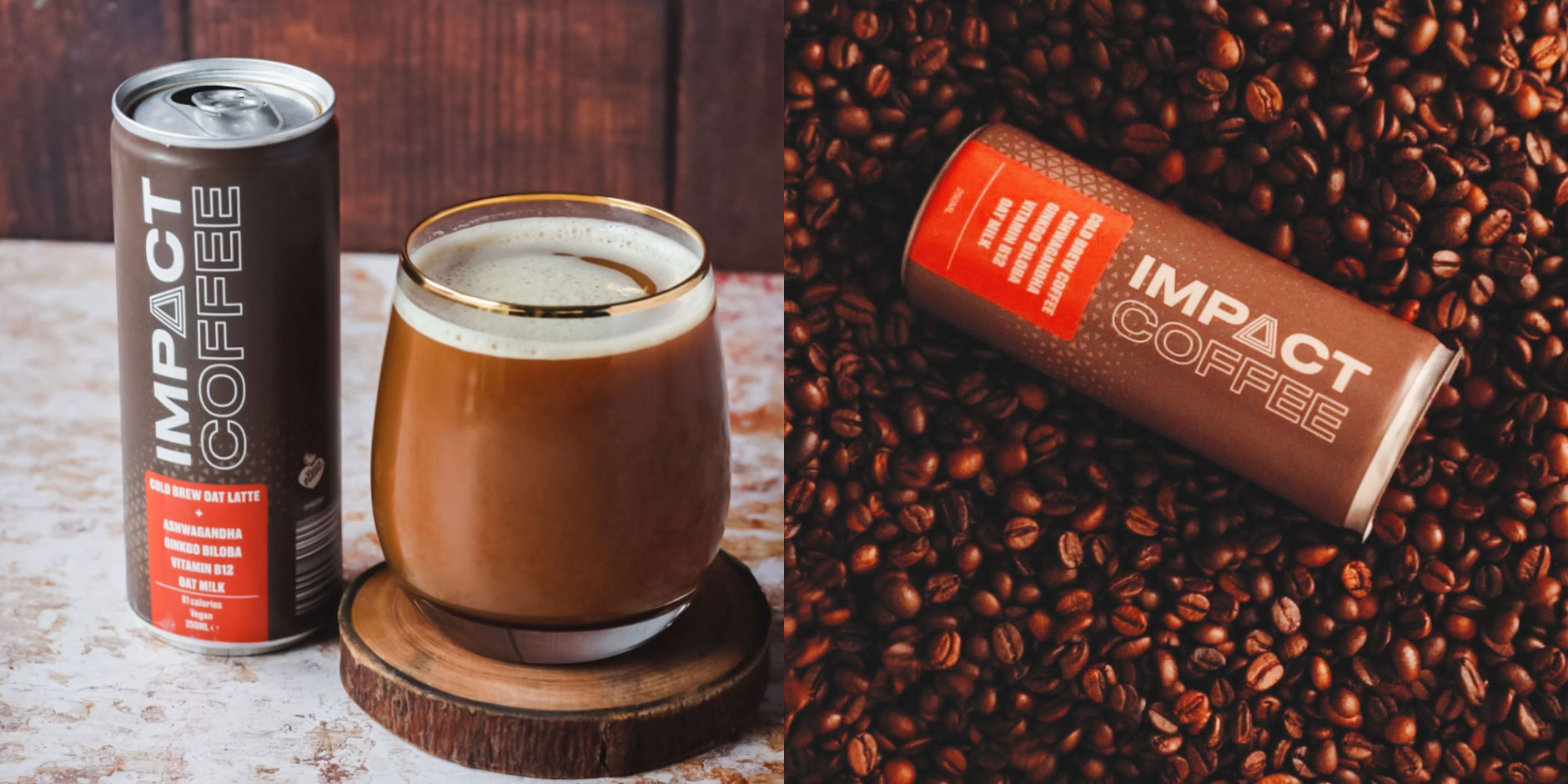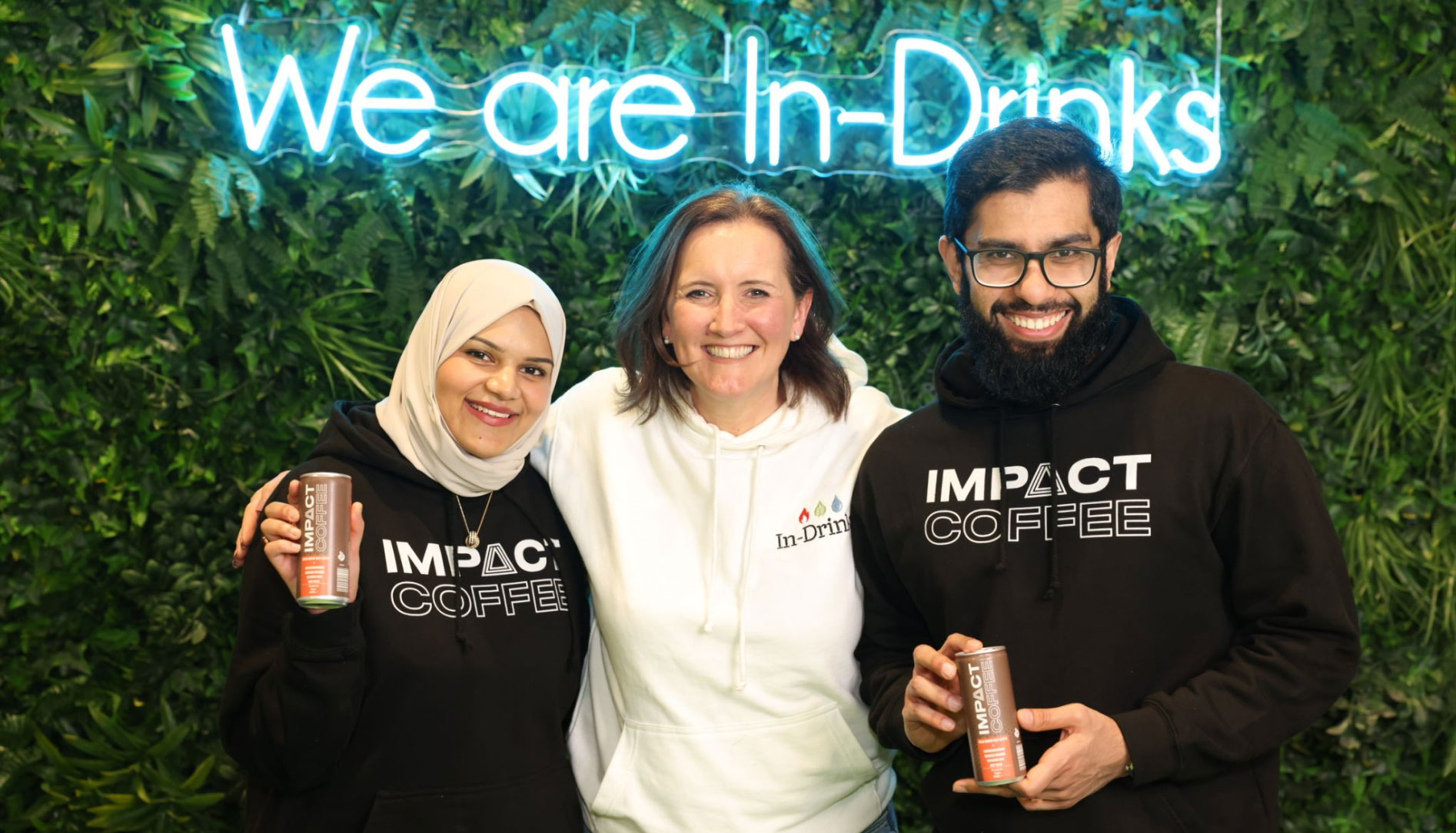LIFESTYLE DRINKS
FUNCTIONAL BEVERAGES AND THE ALCOHOL-FREE DRINKS SECTOR
Last month I judged in the annual In-Drinks Catalyst Competition which showcased functional beverages. For a while now I have followed this sector looking at impact and growth within the alcohol-free category. With a cornucopia of colourful products released globally every week, I’m interested in how a brand finds its white space on those saturated shelves.
For several decades there has been drinks that offer dietary health benefits. Using bases such as plant or nut milk, fruit juice, herbal tea, pre- and pro-biotic liquids; with added nutritional benefits such as vitamins, minerals, herbs, and claims of benefits in the reduction or even prevention of disease. Energy and hydration drinks have gained popularity recently due to a growing interest in all things health and exercise. Low and no sugar alternatives have correspondingly found success in this space.
‘The global functional drinks market grew by 3% in 2010, and a substantial increase was observed in 2014 with a 7.8% growth.’ (A. Tolun and Z. Altintas, Medical Properties and Fuctional Components of Beverages, 2019). Ten years on and we have dedicated shops and bars to no alcohol-based drinks, not to mention a whole new category in drinks competitions and awards. ‘The no-alcohol drinks market surpassed $11 billion dollars in 2022’, (K. Dingwall, Forbes.com, 2013) and is a growing market for new brands. It is clear from these rising statistics that there is a growing customer demand for these products. However, I feel that the growth and opportunities of this category could be greater with more education and activation.

WHAT IS A FUNCTIONAL BEVERAGE?
A functional beverage is defined as ‘any non-alcohol drink that provides additional health benefits due to the inclusion of any bioactive component from a plant, animal, marine or micro-organism source” (Gupta, A. et al. Trends in Functional Beverages, 2023).
Created from a desire to promote health awareness, brain stimulation and boost mood, this sector has been marketed as a healthy addition to your lifestyle. Some of these drinks fall into the ever-growing no-alcoholic category – appealing as they are not only zero alcohol but have added benefits through the use of adaptogens and nootropics (some even mimic the relaxing effect of alcohol on mood and inhibitions). The question is: is there enough solid evidence to suggest these effects work as advertised or if this all just placebo?
SCIENCE VS SUGGESTION - WHAT THE CONSUMER NEEDS TO KNOW
Studies have shown that some of these ingredients can cause the effects claimed, however, work still needs to be done by brands to attract consumers and prove the medicinal benefits of functional drinks with stand-alone claims. Their natural or synthetic ingredients are often recommended as part of other lifestyle choices to achieve the medical benefit. With a combination of other contributing factors such as environment, palette, reason, and beliefs, who can say if mood changes are caused by just the drink alone?
HOW DO THEY MEASURE UP ON TASTE?
Ultimately, taste is the driving factor. There’s already large-scale competition and a broad range of products on the market. Aside from colourful packaging and beneficial claims, it’s all about the experience. And everything from a lifestyle supplement to a social drink has got to measure up on the taste buds.

WHAT DO YOU NEED TO CONSIDER WHEN ENTERING THE CATEGORY?
At this year’s non-alcohol Catalyst Competition, two entries were marketed as functional drinks, one being the winner – Impact Coffee – a cold brew. There were several reasons for this; it had a clear purpose, proposition and positioning, liquid innovation (supported by science) and a clear understanding of why the consumer needs this product. Their case studies were clear, with an understanding of the potential size and scale of the market, and an indication of where the focus should be, not only on sales strategy, but education too. And all of this before it passed the ultimate test: taste!
Word on the ground (backed by statistics) states the functional drinks category is going to grow, but to do this it needs more consumer education. We are primed to help Impact Coffee, and brands like them, to education their consumer, articulate their brand story and messaging, and increase – first locally, then nationally – the visibility of their brand and product. Making functionality the lifestyle choice.
We would be interested to hear other’s thoughts on this and welcome comments on all our channels.